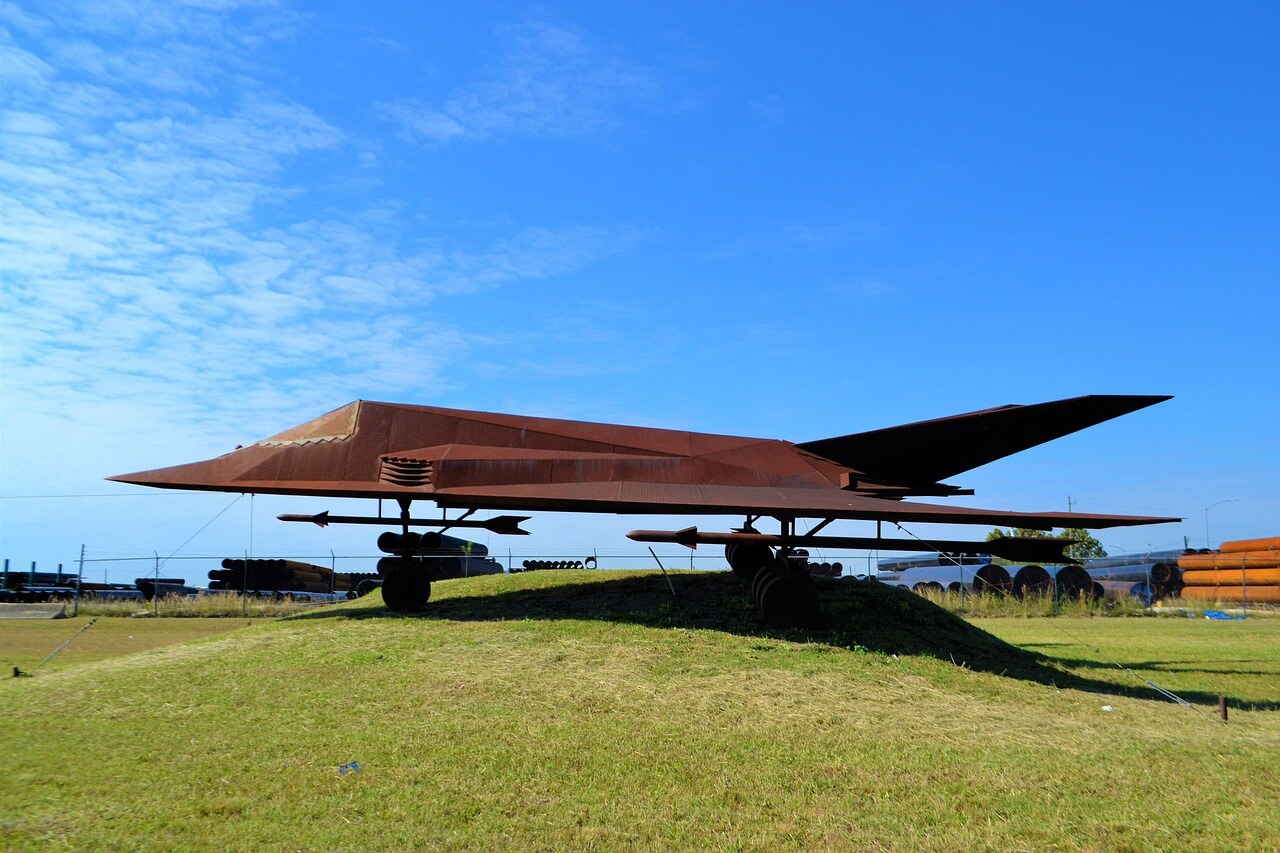Premium oils are essential for enhancing the performance and longevity of airplanes. These superior oils possess exceptional durability and are particularly well-suited for meeting the rigorous demands of aircraft engines. By incorporating these high-grade oils into planes, the engine’s efficiency is enhanced, reducing the need for repairs and minimizing the risk of engine failure. The significance of top-quality oil cannot be overstated when it comes to ensuring safe flights. As aircraft technology advances, the requirement for premium oils will also increase.
Enhanced Engine Performance
When airplane engines are run using premium oils, they function better. These special lubricants are designed to lessen wear and friction, enabling engines to run smoothly and effectively. High-quality oils help increase power output and fuel efficiency by decreasing internal resistance improving overall flight performance and responsiveness. Furthermore, these oils’ exceptional lubricating qualities support the preservation of ideal engine conditions, guaranteeing dependable performance even in the most taxing of flying circumstances. Purchasing premium oils is crucial to maximizing engine performance and reaching the highest level of aircraft performance.
Improved Lubrication and Wear Protection
Aircraft engines benefit greatly from top-grade oils that provide superior smoothness and protection against wear. These oils combine specific smoothing solutions, base oils, and advanced additives to withstand the challenging conditions of aviation. By using the appropriate oils, the wear on valuable engine parts can be minimized, prolonging their lifespan. This is achieved by preventing metal parts from rubbing together, reducing friction on engine components, and creating a strong protective layer. Additionally, these high-quality oils offer defense against rusting and heat degradation, ensuring consistent performance in high-pressure and high-temperature situations. By enhancing smoothness and offering a protective barrier against wear, aircraft operators can maintain the optimal functioning of their engines, avoiding costly repairs or replacements.
Extended Maintenance Intervals
The use of high-quality oils in airplane engines can prolong maintenance intervals. These oils provide protection and enhance the performance of various components, such as bearings, pistons, and valves, resulting in reduced wear and optimal engine condition. As a result, the frequency of inspections and repairs decreases, minimizing aircraft downtime. Longer maintenance gaps help airline operators reduce overall upkeep expenses while increasing the reliability of their planes.
Resistance to High Temperatures and Pressures
High-quality oils are exceptionally resistant to high temperatures and pressures encountered in aviation. These special lubricants are made to function dependably under harsh operating circumstances, like high-speed flights and large loads. High-quality oils, such as Phillips 66 aviation oils, guarantee consistent lubrication and protection for aviation engines, even in the most demanding circumstances, by preserving viscosity and stability under heat and pressure. Engine performance and dependability are maintained by this tolerance to high temperatures and pressures, which helps stop oil breakdown and viscosity loss. Aircraft operators can rely on their engines to run safely and effectively for the duration of their service lives because of the outstanding thermal stability of these oils.
Compatibility with Engine Components
Using high-quality oils that are specifically formulated for aircraft engines is crucial in maintaining the performance and longevity of the various engine components. These oils are carefully designed to meet the specific requirements and specifications of different engine types and manufacturers. By choosing premium oils that are authorized for their particular aircraft engines, operators can ensure proper lubrication and protection without the risk of compatibility issues or engine damage. These oils also undergo rigorous certification and testing procedures to guarantee their compatibility and effectiveness, providing aircraft owners with peace of mind. By using suitable, high-quality oils, operators can reduce the chances of malfunctions or breakdowns during flight, thereby ensuring the reliability and dependability of their aircraft engines.
Environmental Considerations
When selecting oils for aircraft engines, it is important to take into account the environmental factors. Premium oils are specifically designed to minimize their adverse impact on the environment by reducing pollutants, prolonging engine life, and enhancing fuel efficiency. By opting for low volatility and reduced environmental impact oils, aircraft operators can effectively reduce their carbon footprint and comply with stringent environmental regulations. Additionally, high-quality oils can be produced using base oils and biodegradable additives to further minimize their environmental impact. By prioritizing environmental considerations in oil selection, aircraft operators can actively contribute to sustainable aviation practices and minimize their ecological footprint.
Conclusion
To sum up, the impact of premium oils on an aircraft’s lifespan and performance cannot be overstated. They play a crucial role in ensuring safe and efficient flight operations by enhancing engine performance, extending maintenance intervals, and withstanding extreme temperatures and pressures. By investing in high-quality oils and prioritizing their use in aircraft engines, operators can optimize efficiency, reduce maintenance costs, and contribute to eco-friendly practices in the aviation industry.
The Impact of High-Quality Oils on Aircraft Performance and Longevity – Primes World












